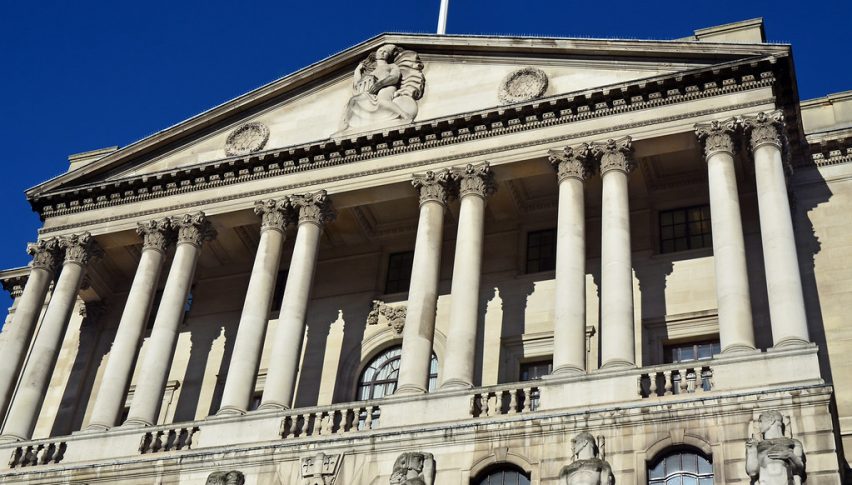Bank of England Deputy Calls for Immediate Crypto Regulation

Sir Jon Cunliffe the Bank of England’s deputy governor is shaking up cryptocurrency investors with a new call to action on Wednesday. At the SIBOS conference, Cunliffe requested regulation for cryptocurrencies, calling it a “matter of urgency”.
Crypto Risks
While he did note that cryptocurrency technology isn’t currently posing a serious risk to financial stability, he said that could change very soon. Giving a speech to some of the biggest names in global finance, Cunliffe said there were some very good reasons to expect cryptocurrency to create instability throughout worldwide markets. If crypto were to collapse, he cautioned, it could create a domino effect in other financial markets.
Cryptocurrency is known for being volatile, of course, with prices regularly showing bearish and then bullish trends, sometimes in the same week. Cunliffe mention specifically a “possibility of contagion” stemming from a large crypto valuation fall. If crypto were to come tumbling down, he feared, that could have a knock-on effect for other assets with a measure of risk or those assets “perceived to have a similar investor base.”
He also spoke up the risks associated with crypto crumbling and how that could lead to a mad dash for fiat currency to make payments. Because cryptocurrency markets and networks are interconnected and are also connected to other financial institutions, there is a possibility that when something happens to crypto, that will send a shock throughout the entire financial system.
Currently, El Salvador has made Bitcoin one of its two national currencies, and a number of banks accept payment in cryptocurrency. Major online vendors and payment services, including PayPal, offer ways to pay in Bitcoin and other cryptocurrencies.
The Need for Regulations Fast
Cunliffe’s call for urgency in this matter stems from his assessment of how long it can take to put new regulations into place. He mentioned a measure drafted two years ago to regulate stablecoins and place safeguards on them that would affect payment systems and systemic clearing houses. In that period of time, stablecoins saw an increase of 1600%.
A year ago, cryptocurrency assets were valued at $800 billion. They’ve grown 200% since then to reach $2.3 trillion. Sir Jon brought up the point that the subprime sector held a value of $1.2 trillion when it sparked the 2008 financial crisis. Even something as comparatively minor in the global financial systems like cryptocurrency can have that kind of explosive effect when things go South. “As the financial crisis showed us,” he said, “you don’t have to account for a large proportion of the financial sector to trigger financial stability problems.”
One of the dangers digital assets like cryptocurrency is that have little to no backing from physical commodities or assets. This makes them exceedingly volatile, and their increased interconnectedness with other financial systems spreads that volatility to banks, fiat currencies, stocks, and more.
Sir Jon asked for regulations on cryptocurrency to help them “flourish in a sustainable way” and offer “potentially very large benefits.”
- Check out our free forex signals
- Follow the top economic events on FX Leaders economic calendar
- Trade better, discover more Forex Trading Strategies
- Open a FREE Trading Account


